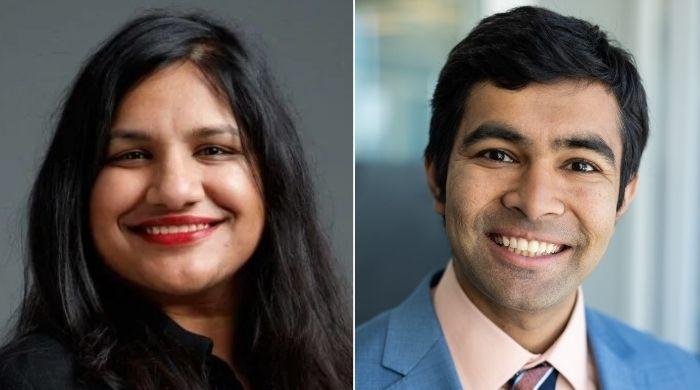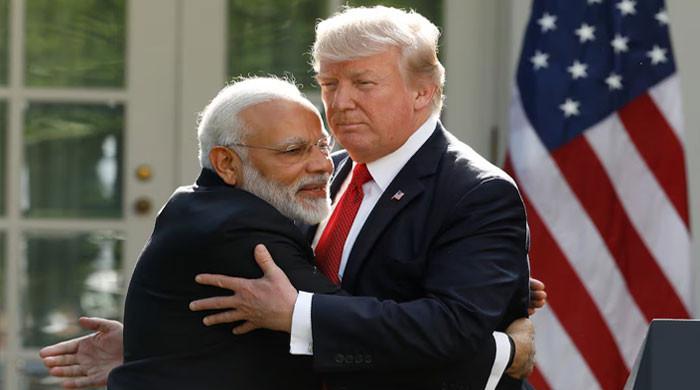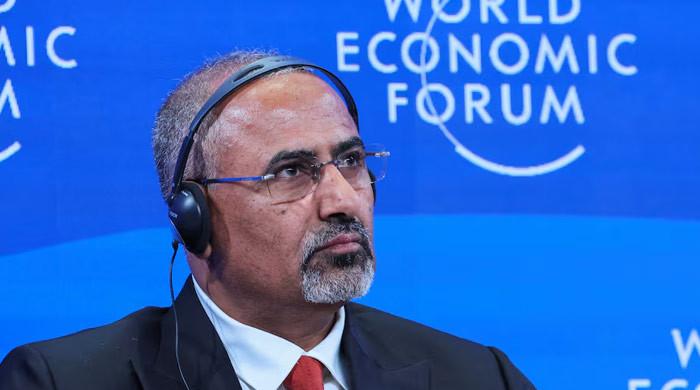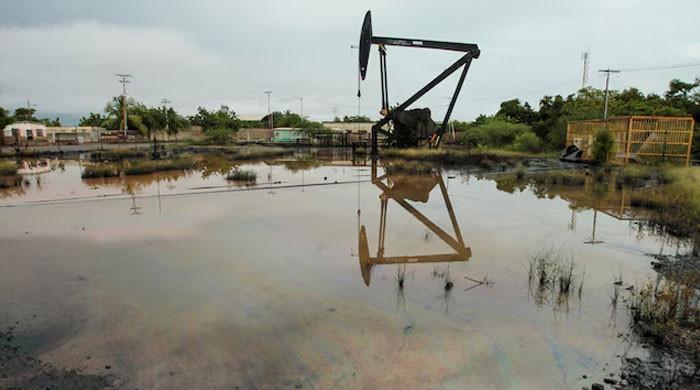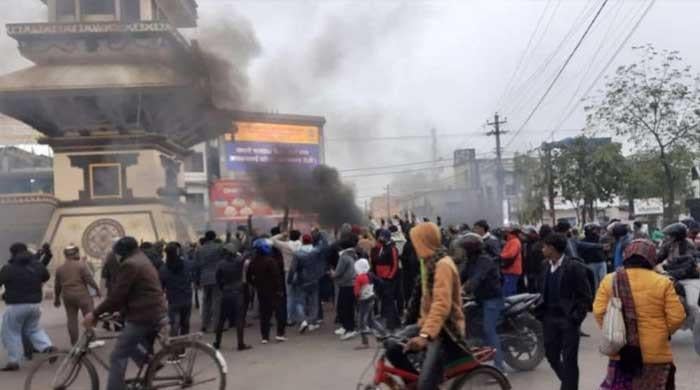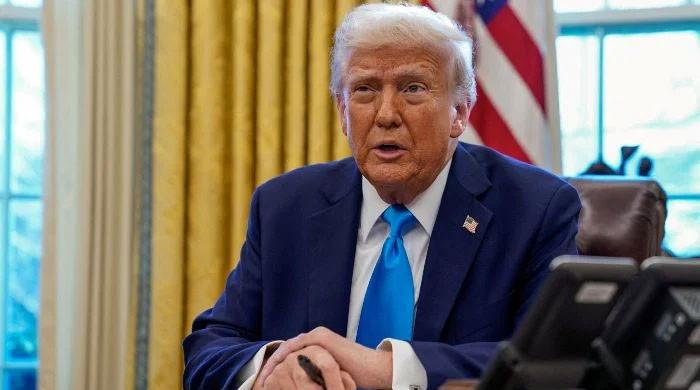Why are people protesting in Egypt?
Protests broke out in Cairo, other Egyptian cities calling for the removal of President Fattah al-Sisi
September 22, 2019
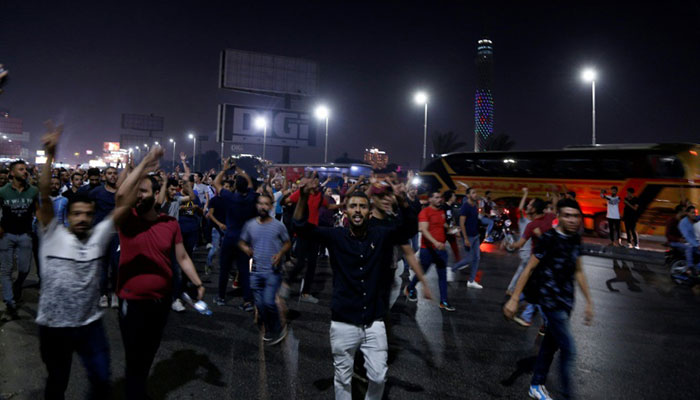
CAIRO: The protests came after Mohamed Aly, an exiled businessman and opponent of Sisi posted calls online for demonstrations against general-turned-president Abdel Fattah al-Sisi.
He upped the pressure on Saturday in an expletive-filled video, imploring Egyptians to join a "million-man march" next Friday and to fill all "major squares" of the country.
"This is a people's revolution...We have to link up together as one...and organise going down to the major squares," he said in a Facebook appeal to his followers.
The construction contractor has been posting videos that have gone viral since early September, accusing Sisi and the military of rampant corruption.
The government's foreign media accreditation body released a statement late Saturday cautioning international journalists that their reporting of events "should not be exaggerated", without explicitly mentioning the protests.
On television Friday night, boisterous pro-Sisi host Amr Adib lambasted Aly, the businessman, showing footage of him allegedly in a drunken stupor.
'Leave'
The president denied the allegations last week, saying he was "honest and faithful" to his people and the military.
But on Friday demonstrators took to the streets in Cairo after a highly-charged football match between local powerhouses Al Ahly and Zamalek.
"I think it's safe to say that the events of the past few weeks, including the development last night, pose the most serious legitimacy crisis facing Sisi," Nael Shama, a Cairo-based political analyst, told AFP.
"No one shouted bread, freedom, social justice like in 2011, they escalated straight to ''Leave'' from the first minute," Shama noted.
On social media, thousands shared footage of Friday's demonstrations, which sprang up in several cities, including sizeable crowds blocking traffic in Alexandria, Al-Mahalla, Damietta, Mansoura and Suez.
"This is the first time people take to the streets in many years but I am not sure it will be the last," Shama added.
Under Sisi's rule, authorities have launched a broad crackdown on dissidents, jailing thousands as well as secular activists and popular bloggers.
Sisi has regularly invoked security and stability as hallmarks of his reign in contrast to regional hotspots such as Libya and Syria.
He is in New York where he is scheduled to address the UN General Assembly next week.
The president's office did not comment on the protests when asked by AFP on Saturday.
"Now the ball is in the government's court," said Shama, the analyst. "They have to respond somehow.




